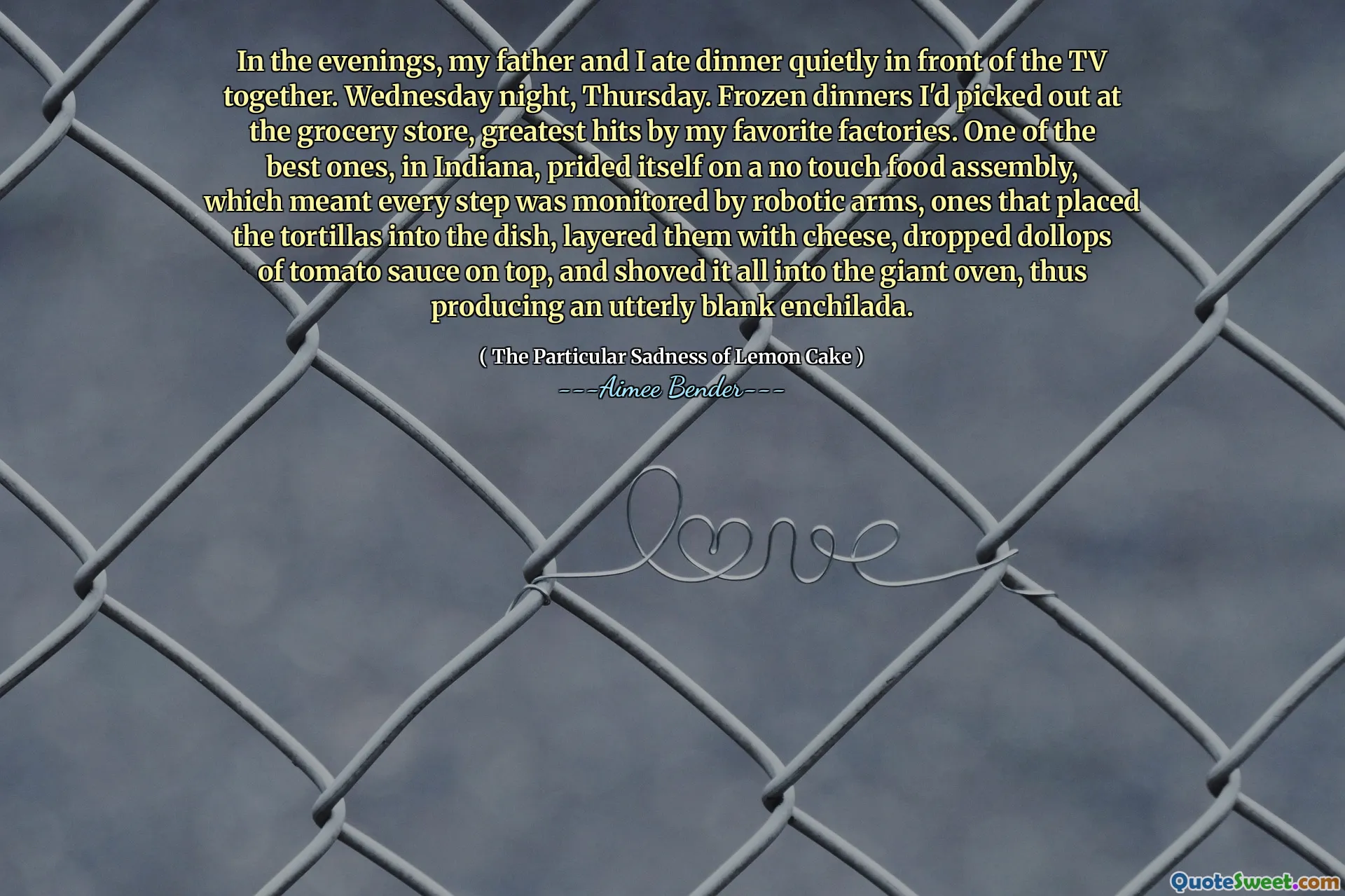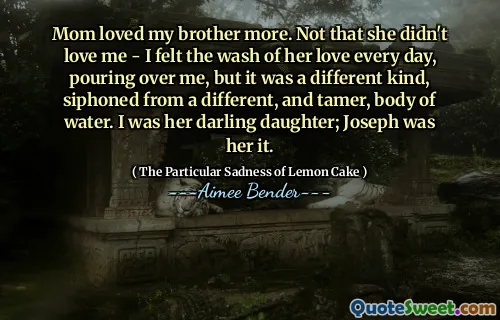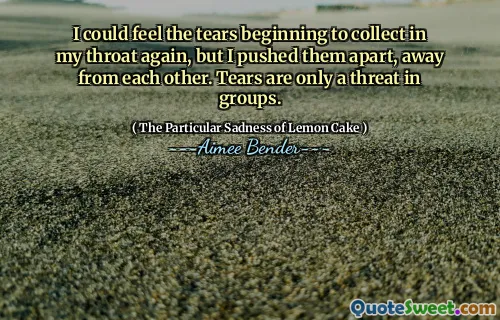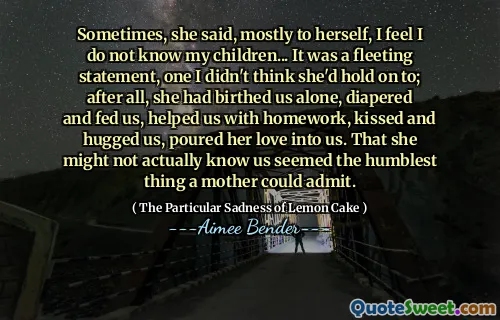
In the evenings, my father and I ate dinner quietly in front of the TV together. Wednesday night, Thursday. Frozen dinners I'd picked out at the grocery store, greatest hits by my favorite factories. One of the best ones, in Indiana, prided itself on a no touch food assembly, which meant every step was monitored by robotic arms, ones that placed the tortillas into the dish, layered them with cheese, dropped dollops of tomato sauce on top, and shoved it all into the giant oven, thus producing an utterly blank enchilada.
In the evenings, the narrator shares quiet dinners with their father while watching TV. The meals consist of frozen dinners chosen from the grocery store, highlighting the simplicity and routine of their evenings together. These meals are reminiscent of fond memories and comfort, but they also illustrate a certain disconnection between the two individuals.
One particular frozen dinner, made by a factory in Indiana, showcases a highly automated process that emphasizes efficiency over personal touch. This mechanized approach produces a bland enchilada, symbolizing a lack of warmth and individuality in their meals, reflecting broader themes of emptiness in their family dynamics






